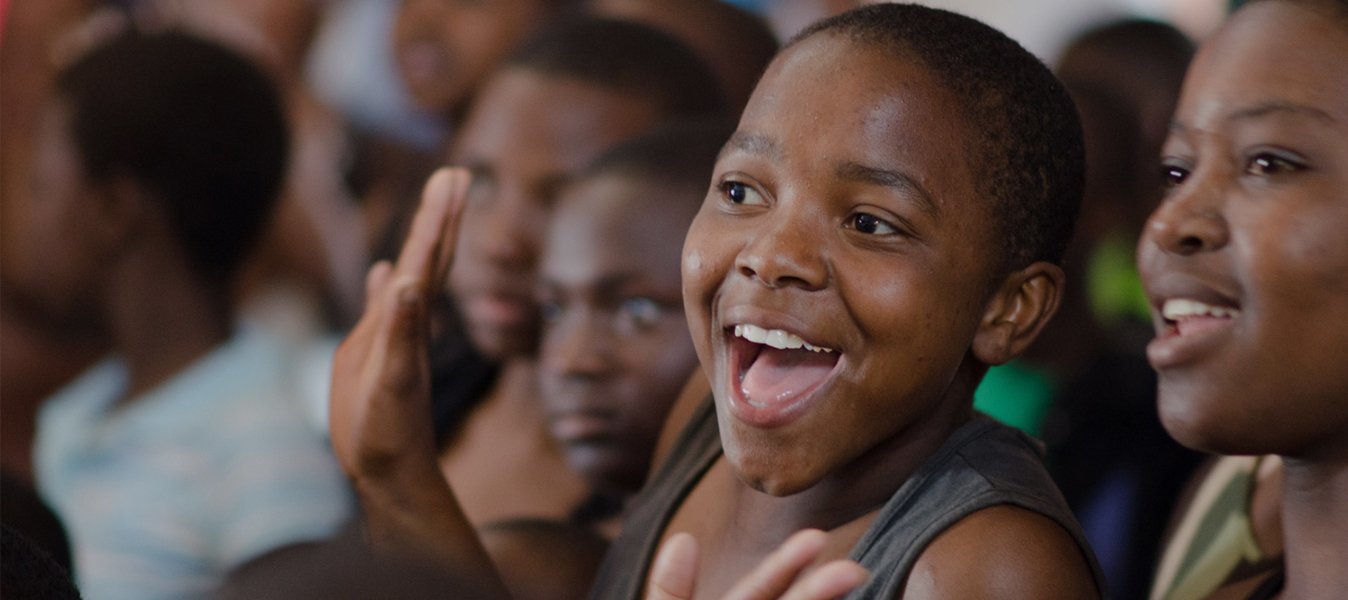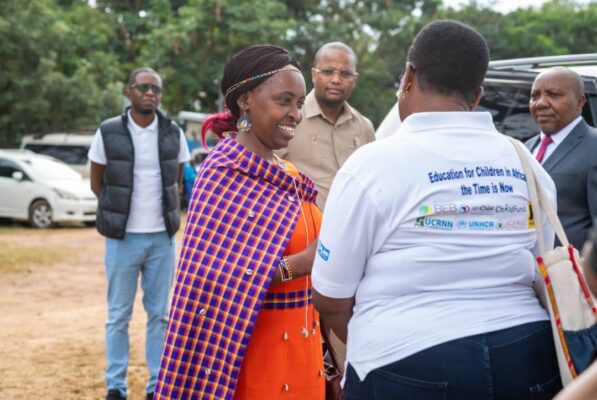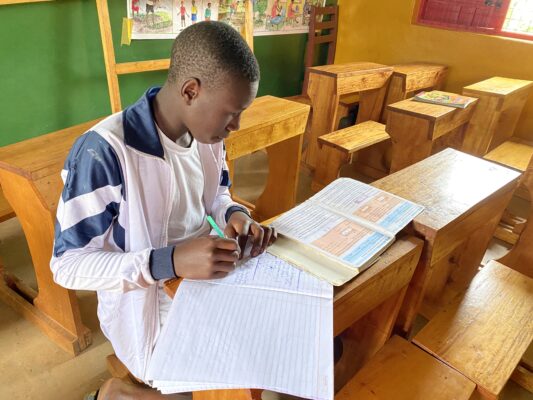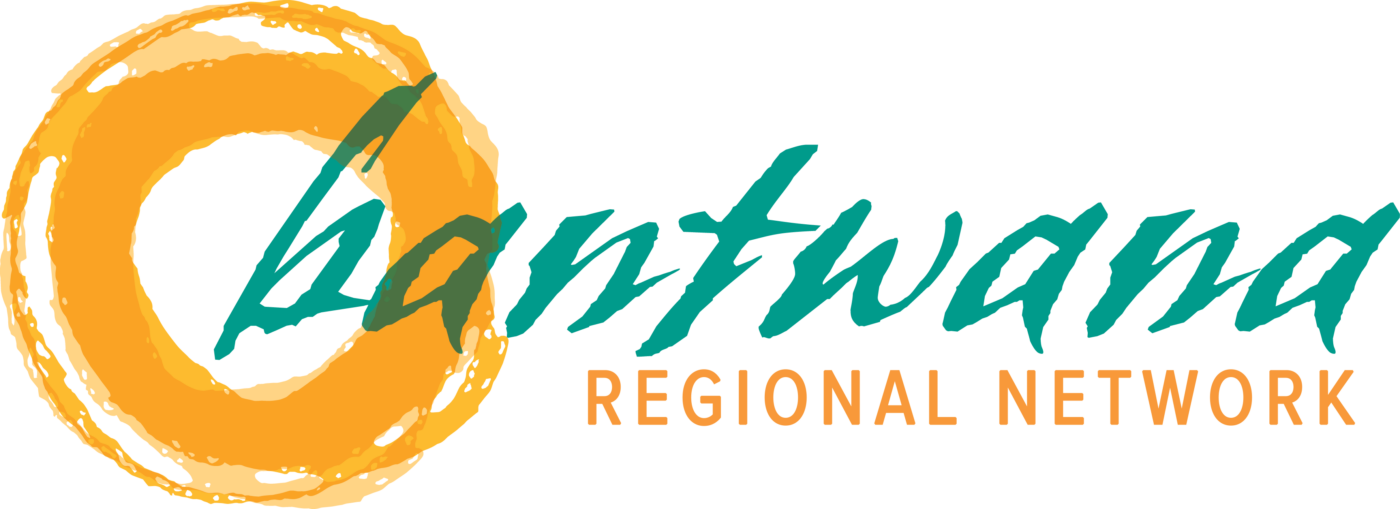
Bridging the Gaps to Enhance Education in Africa

In today’s rapidly evolving world, education must extend beyond traditional learning to foster critical thinking, creativity, and problem-solving skills, as well as provide employment training aligned with market needs. This approach aims to equip children with practical skills necessary to thrive, preparing them to become leaders, innovators, and entrepreneurs.
Achieving this vision requires developing resilient education systems capable of withstanding and adapting to the unique obstacles faced by children in Africa, such as limited access to resources and inadequate infrastructure. By building up robust infrastructure and practicing effective governance, governments, NGOs, and the private sector, can show their support for education programs in their budgets and policies, ensuring efficient and transparent resource allocation.
This Day of the African Child, Uganda is hosting the continent-wide celebration to highlight the urgent need to address the educational challenges facing African children and ensure that every child receives a high-quality, inclusive, and relevant education.
One significant barrier to education in Uganda is the high rate of school absences and the lack of high-quality education. Factors such as poverty, child labor, early marriages, and inadequate school facilities contribute to this issue, compounded by high teacher-to-student ratios that prevent many students from receiving the individual attention they need to succeed.
 Education should be a lifelong journey, accessible to everyone regardless of their socio-economic background. Inclusive education involves creating learning environments that accommodate all children, including those with disabilities, as well as addressing gender disparities that hinder girls from accessing education. Quality education encompasses not just access but also the relevance and delivery of educational content, which should be pertinent to the children’s lives and future careers, integrating local contexts and cultures while providing a global perspective.
Education should be a lifelong journey, accessible to everyone regardless of their socio-economic background. Inclusive education involves creating learning environments that accommodate all children, including those with disabilities, as well as addressing gender disparities that hinder girls from accessing education. Quality education encompasses not just access but also the relevance and delivery of educational content, which should be pertinent to the children’s lives and future careers, integrating local contexts and cultures while providing a global perspective.
A multifaceted, tailored approach to improving education in Uganda includes implementing social protection programs to support families, promoting policies that support girls’ education through scholarships and safe school environments, and investing in teacher training and recruitment to lower teacher-to-student ratios. Furthermore, equipping children with practical skills they can use to generate income, such as through apprenticeships and vocational training, is vital for their long-term success.
Providing all children in Uganda with high-quality, inclusive, and relevant education demands a holistic approach that addresses not only the educational system but also the broader socio-economic factors impacting learning. This involves engaging communities, parents, and students in the process to ensure that education is valued and supported at all levels. It requires a commitment to continuous improvement, monitoring, and evaluation to ensure that interventions are effective and sustainable.
As we celebrate the Day of the African Child 2024, it is crucial to remember that the future of Africa depends on the education provided to our children today. The time for action is now, and together, we can build a brighter future for all children in Uganda and across the continent.
